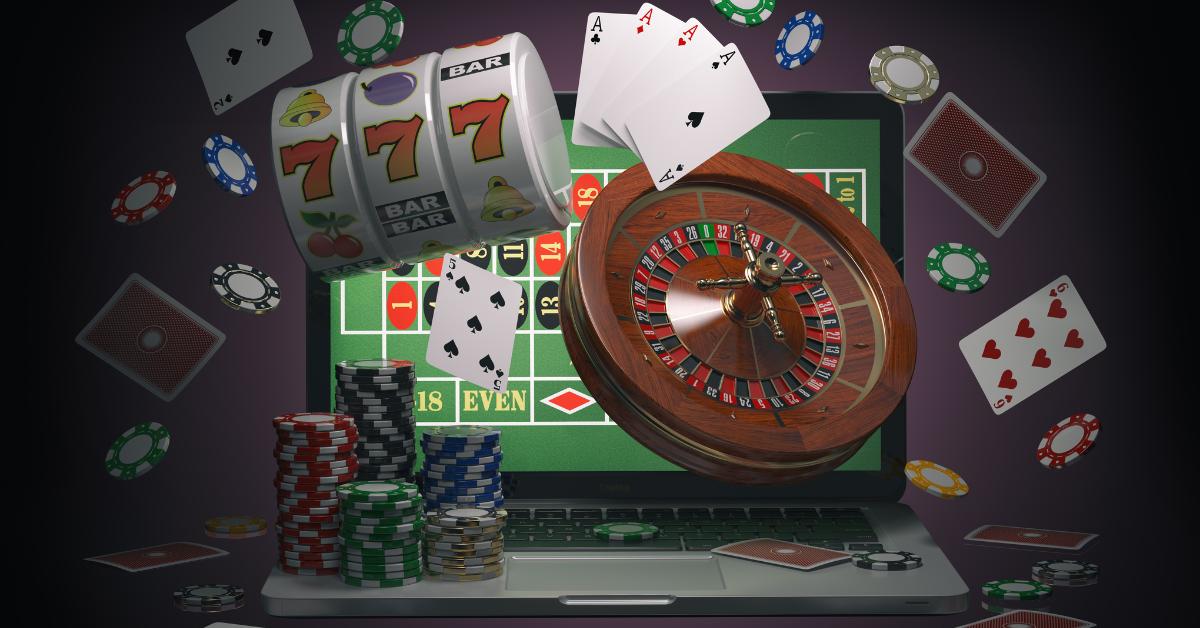Lucknow, 29 Nov (HS): On Wednesday, the UP legislature formally enacted a measure imposing a 28% GST on internet gambling, casinos, lottery, and horse racing events in the state. The bill, filed by the state legislative and finance minister Suresh Khanna, proposed levying a 28% tax at the entry level instead of the GGR charged from the promoter or its agent.
Speaking on the floor of the House, Khanna stated that internet gambling, lottery, casinos, and horse racing were not games of skill but rather games of chance. He stated that formerly, the state government imposed a fee on GGR, which was easily manipulated by the promoter or service provider.
He also stated that the game’s promoter or any of its agents will be forced to register with the authorities.
The development occurred about two months after the state government issued an act imposing the aforementioned tax on the online gambling business. Previously, the government imposed an 18% GST on the internet gaming business, which was subsequently split evenly between the state and the Centre.
The law implemented the Centre’s directive to begin levying the additional tax on October 1. Because the legislature was not in session, the UP administration issued an ordinance to that effect. The GST council discussed the subject more than two years ago.
Following that, the issue was taken up by a Group of Ministers (GoM), who formally resolved to collect a higher tax. Khanna stated that the decision to raise taxes was made at the request of the UP government.
As a result, the Centre requested that the states implement the proposal by issuing an ordinance or passing a bill in their respective legislatures. As a result, UP has joined the club of 21 states that have approved it through their legislatures, including Maharashtra, Karnataka, and Madhya Pradesh. J&K, Jharkhand, Rajasthan, Telangana, Kerala, Chhattisgarh, and Punjab are among the states that have passed an ordinance.
Samar Pal Singh, the SP MLA from Naugaon Sadat in Amroha, requested that the internet gaming sector be fully outlawed in the state since it was pulling generation after generation into an abyss.
Khanna, on the other hand, claimed that “it was not possible” to halt the rapid rise of the online gaming system, which has gained widespread appeal, particularly among the young population. According to him, an estimated 14 crore individuals in the country are involved in the online gaming sector. “As a result, the state government has decided to put a stop to it and discourage it in the best way possible.” “Increasing taxes is one such step,” he explained.



Leave a Reply